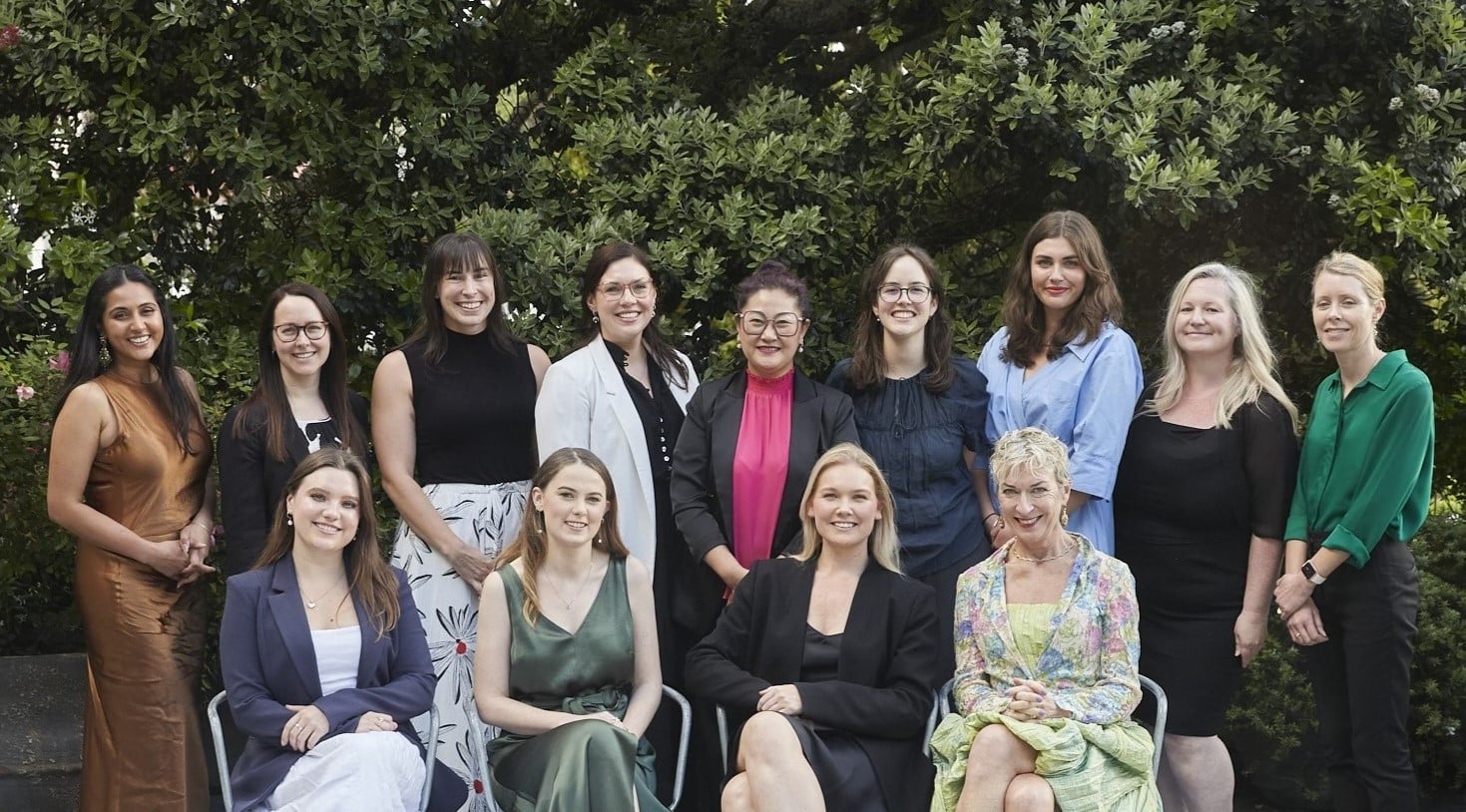President: Hon. Justice Mary Peters | Vice-President: Jennifer Caldwell
In March, Deborah Manning spoke at an event about a judicial review proceeding where she was counsel representing Ahmed Zaoui in respect of the first National Security Risk Certificate issued in Aotearoa New Zealand.
The March newsletter reported on the shock closure of the Minor Proceedings Crèche in January. This preschool was established on Bankside Street by Auckland lawyers in 1991 as a response to the needs of women practitioners to have childcare options in walking distance of central city law firms.
AWLA submitted on proposed amendments to the definitions in the Crimes Amendment Bill (No.2). AWLA argued the term “rape” was outdated and the term should be appealed from the Crimes Act:
- The term was currently limited to male/female instances of assault, whereas a gender neutral offence of unlawful sexual connection would be more suitable;
- All degrading forms of abuse need to be captured by legislation, “rape” was a confining category which did not reflect the broad range of all sexual connection that should be unlawful; and
- Shifting away from the reliance of the term “rape” could assist in reducing the adverse impacts and harmful influence of rape myths.
AWLA also made the following recommendations:
- Amending incest provisions to ensure constructive knowledge is sufficient;
- Removing the lesser penalty for sexual offending by family members to reflect that sexual abuse by a family member is no less serious than that by a stranger;
- That a provision be included to make it clear the onus of proving consent and reasonable belief in consent rests with the defendant;
- The evidence code relating to methods that evidence is given be updated in accordance with the Law Commission report into reforms in 1999; and
- That investigation and review be carried out in regards to the following:
- Prohibition on a defendant personally cross examining a complainant when the charge is unlawful sexual connection;
- Enacting restrictions on oppressive or degrading cross examination in trials of sexual offences, including the possibility of cross examination questions being put through the presiding judge;
- Provision for separate legal representation for victims of sexual crimes, funded through legal aid; and
- Establishing a separate court with specialist (and specially trained) judges for hearing trials of sexual offences.
The July newsletter reflected on the success of recent amendments to Aotearoa New Zealand’s paid parental leave scheme: “Both employees and employers have responded positively to its implementation and almost 100% of parents took advantage of the full 12 weeks whereas under the old scheme 20% of mothers would return to work within 12 weeks after childbirth.”
A summary of a Human Rights Commission report into equal employment opportunities was reported in the July newsletter. The report found that “insufficient efforts had been made to create new opportunities for traditionally disadvantaged groups in the New Zealand labour force”. The report detailed the following issues concerning women:
- “Average weekly earnings amounted to 79 per cent of men’s;
- In the top 500 NZ companies, women comprised just 2.4 per cent of senior managers, and were paid less;
- Evidence of direct and indirect discrimination and sexual harassment;
- Women with young children not enjoying the same employment opportunities as their male peers (including men with young children);
- Women over-represented among clerks and service and sale workers.”
The September newsletter outlined the Human Rights Commission report, New Zealand Census on Women’s Participation in Governance and Professional Life: “the essence of it is that women are poorly represented in many important sectors of the community, including on boards of directors of publicly listed companies, in academia and, a subject close to our own heart, in the larger law firms. Taking the latter, the census finds that women hold 14.12% of legal partnerships in New Zealand legal firms with 10 or more partners.”
AWLA raised concerns with LexisNexis about the low number of women speaking at their conferences and seminars, as there are a number of benefits to having the opportunity to speak at these types of events. In September, AWLA met with LexisNexis and made a number of suggestions including ensuring that they contact women with expertise in particular fields when arranging for speakers, further AWLA offered to put together a list of senior members of the profession for LexisNexis’s reference.
The guest speaker at the mid-winter dinner in June, was 2004’s Prime Minister Helen Clark ONZ SSI PC.
In October, AWLA held a presentation on media and the law.
The guest speaker at the annual Christmas dinner was Peta Mathias, TVNZ Chef, Writer and Broadcaster.
AWLA participated in the NZLS Women’s Consultative Group.

